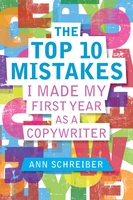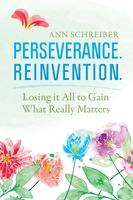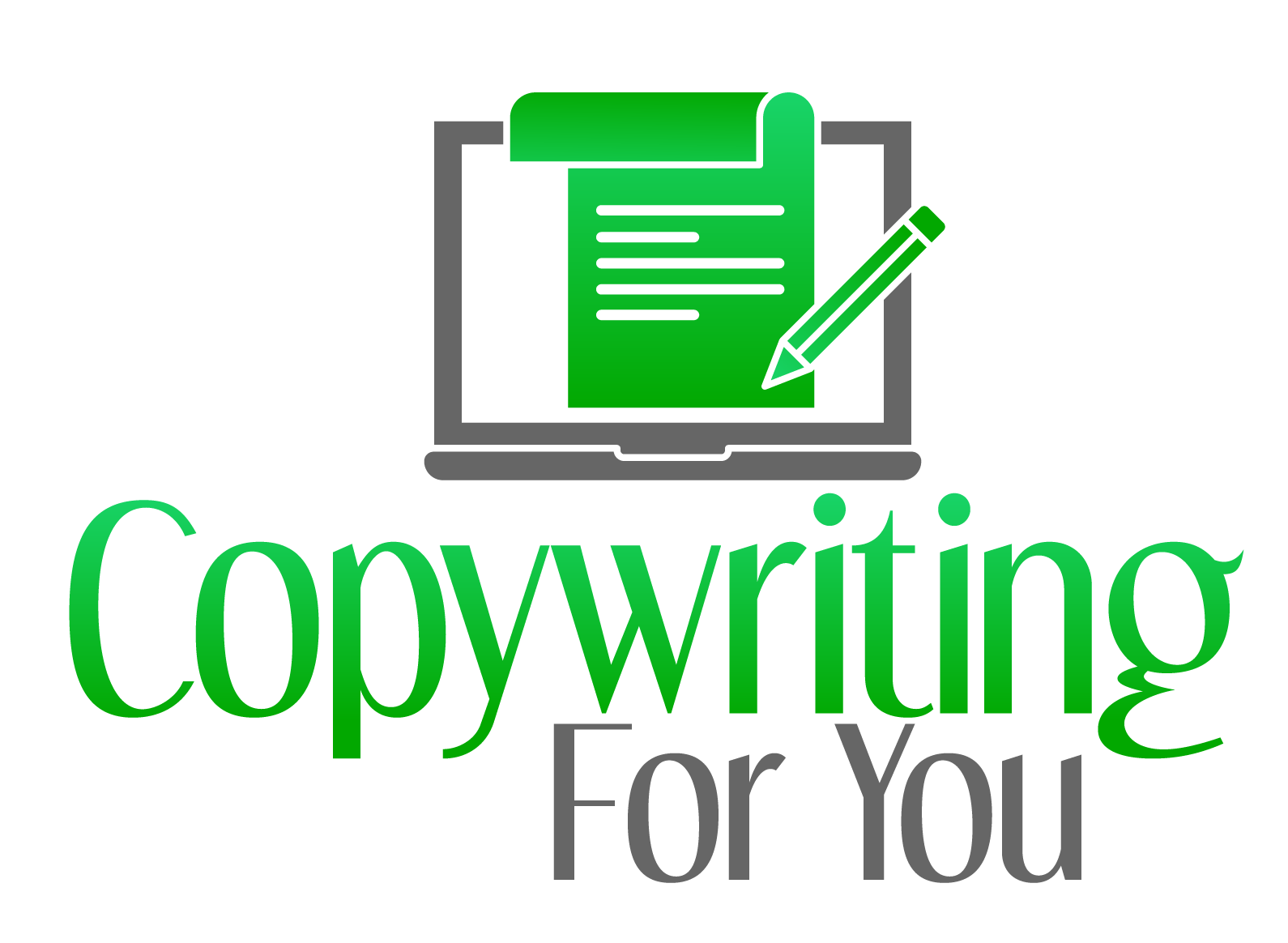I first dipped my toes into freelancing back in 2019, looking for a way to reconnect with skills I wasn’t fully using in my marketing and sales career. After years of leading talented teams and building relationships with CMOs, CIOs, and CEOs, I realized I’d been sidelining two things I genuinely love—writing and learning.
Thanks to my background hiring freelancers to support marketing projects, I had a decent head start. I tested out platforms like Upwork, Writers.work, and Fiverr to find the right mix of flexibility and variety. Fast forward to 2023, and what started as a side hustle has become my full-time business. I’ve learned a ton along the way—so much, in fact, that I even wrote a book about it: The Top 10 Mistakes I Made My First Year as a Copywriter. (You can grab it on Amazon or through the link at the end of this article—but more on that later.)
This all said, at some point, each one of us is a new freelancer. And in this article, I’ll give you some insights into what it takes to be successful, right off the bat.
New Freelancer? Know that Freelancing is About Selling
Let’s be clear. I had to really WORK to get started, and I had to MARKET my abilities quite broadly. I practically jumped out of my seat when I got my first writing job. And now it seems that the freelance writing jobs keep coming. So, I figured that I must have done something right. As such, I determined that I wanted to take some time to provide new freelancers with some tips on getting started in the world of freelancing.
1. Freelancing is a Sales Role
I alluded to this previously, and I’m not kidding. You must sell yourself if you want to get gigs and eventually turn your side hustle into full-time employment. You’ll be writing proposals and literally selling yourself. Whether it be in writing or via a follow-up phone call that some clients require, you need to be ready to demonstrate your value proposition.
You need to be prepared to speak on behalf of yourself. And this is where the marketing comes in, too. You need to create some assets that speak to your abilities… assets that you can use as a sales tool as you try to land jobs. In my case, I have a document that I maintain that looks a lot like my cover letter, and I have categorized the type of writing I have done, and when I find a piece published, I add the hyperlink).
2. Prepare Yourself for Rejection
And I mean a lot of rejection. Getting clients to want to work with you takes some time, especially if you don’t have a portfolio. It is highly likely that you’ll start by working at far lower rates than you ever imagined, and this is normal. And it is a gift. When a client is willing to hire you with no perceived experience, they are taking a chance on you. Seize that opportunity, and write like it is nobody’s business.
Then, once you have knocked the socks off your client, you will realize that you now have a portfolio… a portfolio of one, but a portfolio nonetheless. And part of the rejection process is the “never hear boo” part of the process, which means that many times, you may submit a bid or a proposal for a job but never hear anything back. In many cases, from what I have been able to tell, not only do I not hear back, but it appears that the client didn’t hire anyone or move forward with the project at all. This is a frustrating experience, especially when you have taken time and care to present a proposal that you feel is lucrative and appeals to their needs. Prepare for this. It’s part of the process.
3. Prepare to Shift Your Working Hours
When I first started freelancing, I noticed that a lot of job posts popped up in the late afternoon or evening. Back then, I assumed it was because marketers and business owners were finally catching their breath after a packed day. That worked well when I was freelancing on the side—but now that I’ve been doing this full-time for over two years, I’ve learned something even more valuable: how I work best.
Spoiler alert—I’m not a morning person. Coffee doesn’t magically sharpen my focus, and forcing myself to tackle deep work first thing in the morning? That’s a no-go. My brain doesn’t fully show up until late morning or early afternoon. These days, I don’t even roll out of bed until around 10 a.m., and I don’t schedule meetings or video calls before 11 a.m.—on the two days a week I actually take calls.
That’s not a barrier; it’s a boundary. And it’s one of the best ones I’ve put in place. Protecting my peak hours means I can deliver stronger, more thoughtful work for my clients. Figuring out your rhythm—and honoring it—is one of the greatest gifts freelancing gives you.
4. Responsiveness is a must for any new freelancer
While clients are definitely looking for high-quality (this is a priority), they also appreciate a high degree of responsiveness for proposed edits, questions, clarifications, etc. And if you can turn your project around fast, even better. When I started, I could turn around a blog in one day or less, sometimes even the same day. If it was a topic I was passionate about or little research was needed, I could whip out articles and would often exceed expectations.
Most clients don’t expect same-day turn times. That said, occasionally, you will find clients looking for just that. If you can deliver and they like your work, you can assume more work will come to you from that client in the future. For example, when I was first getting started, I had a client reach out to see if I had time to write two quick web pages, both on a topic I had quite a bit of experience with.
As each piece was only 500 words, I delivered both in under 90 minutes. He was thrilled! Later in the afternoon, he shot me a note to see if I could take on two more, and I did. I delivered four high-quality pieces for him in one afternoon and still had time to enjoy the holiday weekend.
Keep Going—The Work is Out There
If you’re serious about freelancing, don’t just dip your toes in—jump in with both feet. Set clear goals, build your portfolio piece by piece, and keep showing up even when it feels like nothing is landing. Stay open to feedback, stay curious, and keep refining your craft.
And don’t limit yourself to just one type of project. While writing may be my specialty, freelance work spans every skill set—from Excel pros and PowerPoint designers to resume writers and branding consultants. If you’ve got a skill someone needs, there’s likely a freelance job out there waiting for you.
So what’s next? Pick a platform. Polish your profile. Send that first pitch. You don’t need to have everything figured out—you just need to start.
Could you benefit from a marketing consultation? Reach out today, and let’s get some time on the calendar!




